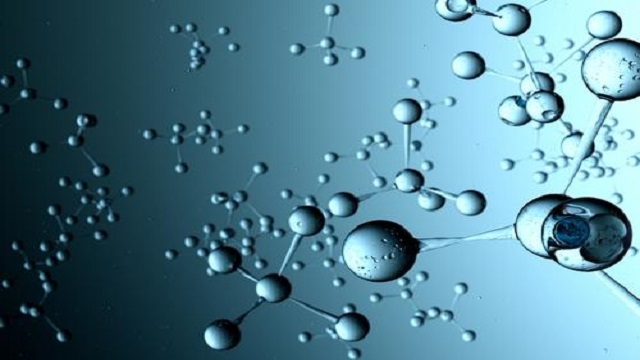Scientists have created the world’s first ‘molecular robot’ – millionth of a millimetre in size – that can be used to build molecules and may help discover novel drugs. The tiny robots developed by researchers at the University of Manchester in the UK can be programmed to move and build molecular cargo using a tiny robotic arm.
Each individual robot is capable of manipulating a single molecule and is made up of just 150 carbon, hydrogen, oxygen and nitrogen atoms. To put that size into context, a billion of these robots piled on top of each other would still only be the same size as a single grain of salt.
The robots operate by carrying out chemical reactions in special solutions which can then be controlled and programmed by scientists to perform the basic tasks. In the future such robots could be used for medical purposes, advanced manufacturing processes and even building molecular factories and assembly lines.
“All matter is made up of atoms and these are the basic building blocks that form molecules. Our robot is literally a molecular robot constructed of atoms just like you can build a very simple robot out of Lego bricks,” said David Leigh, who led the research. “The robot then responds to a series of simple commands that are programmed with chemical inputs by a scientist,” said Leigh.
“Just like the robot in the factory, our molecular version can be programmed to position and rivet components in different ways to build different products, just on a much smaller scale at a molecular level,” he added. The benefit of having machinery that is so small is it massively reduces demand for materials, can accelerate and improve drug discovery, dramatically reduce power requirements and rapidly increase the miniaturisation of other products.
Whilst building and operating such tiny machine is extremely complex, the techniques used by the team are based on simple chemical processes. “The robots are assembled and operated using chemistry. This is the science of how atoms and molecules react with each other and how larger molecules are constructed from smaller ones,” said Leigh.
“Once the nano-robots have been constructed, they are operated by scientists by adding chemical inputs which tell the robots what to do and when, just like a computer programme,” he said. The research was published in the journal Nature.
Source: Indian Express







